ABOUT US
How We Worship
Lutherans believe that worship is not so much about what we do, but about what God does for us. We simply respond in prayer and praise to the God who comes down to our level.
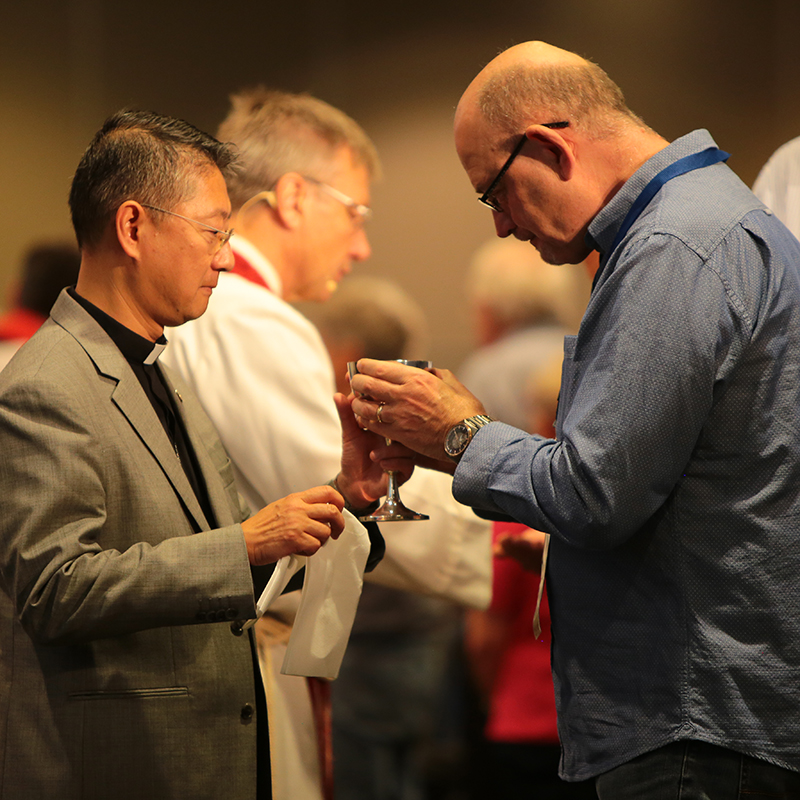
How We Worship
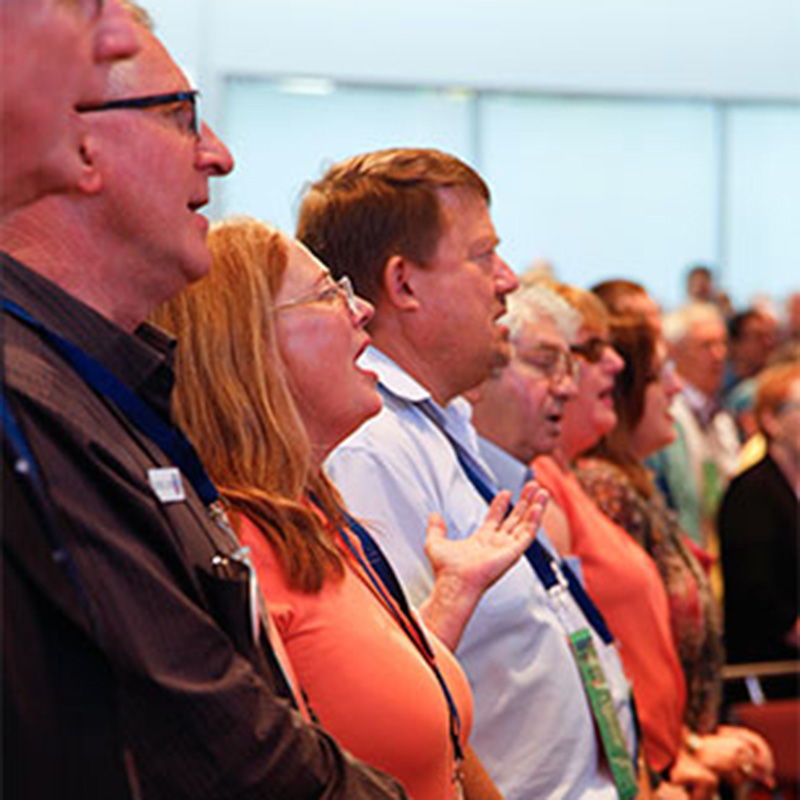

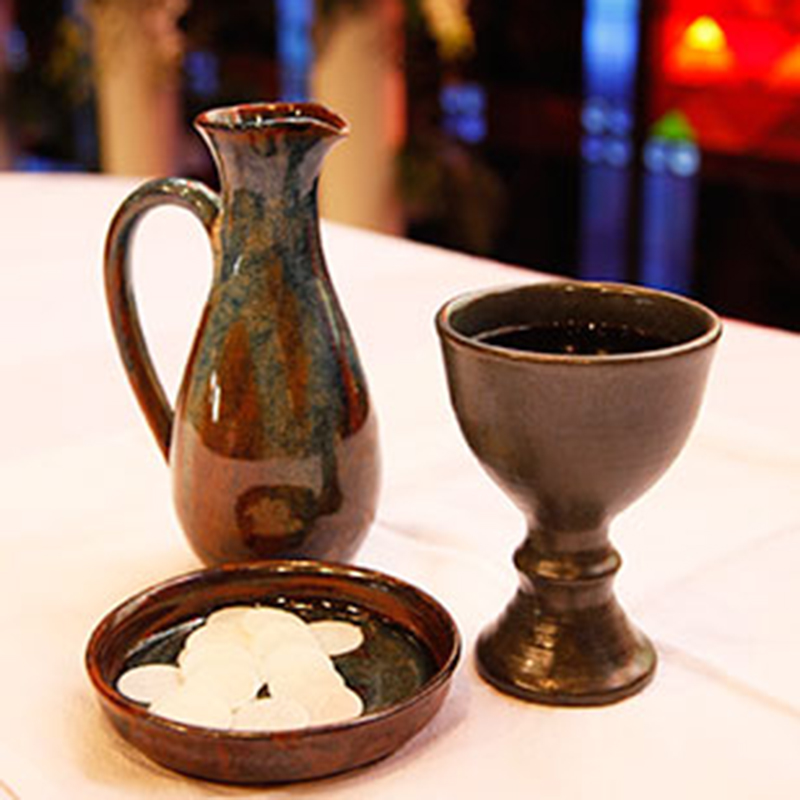
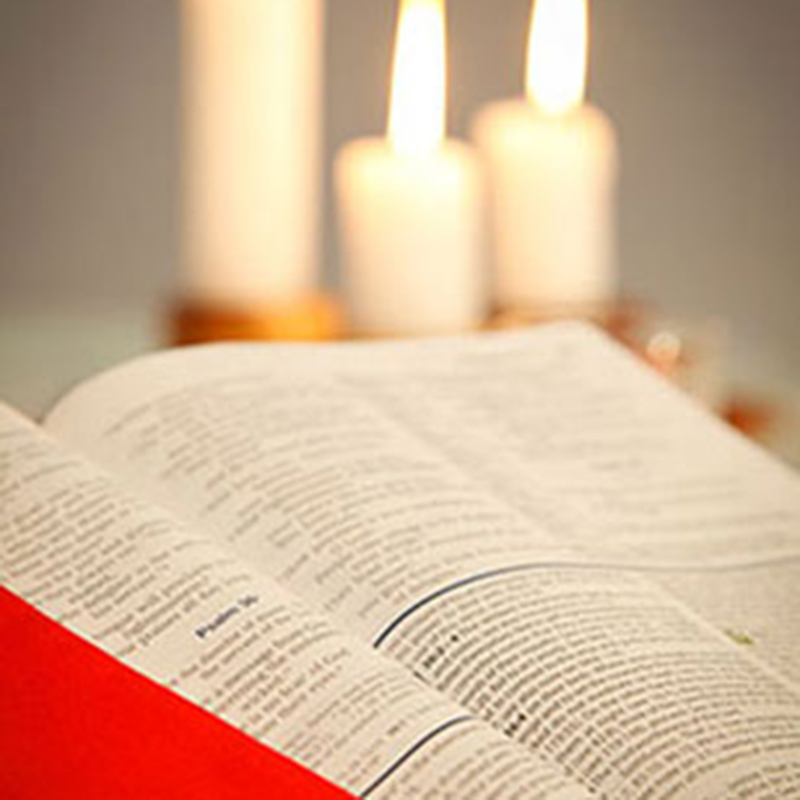
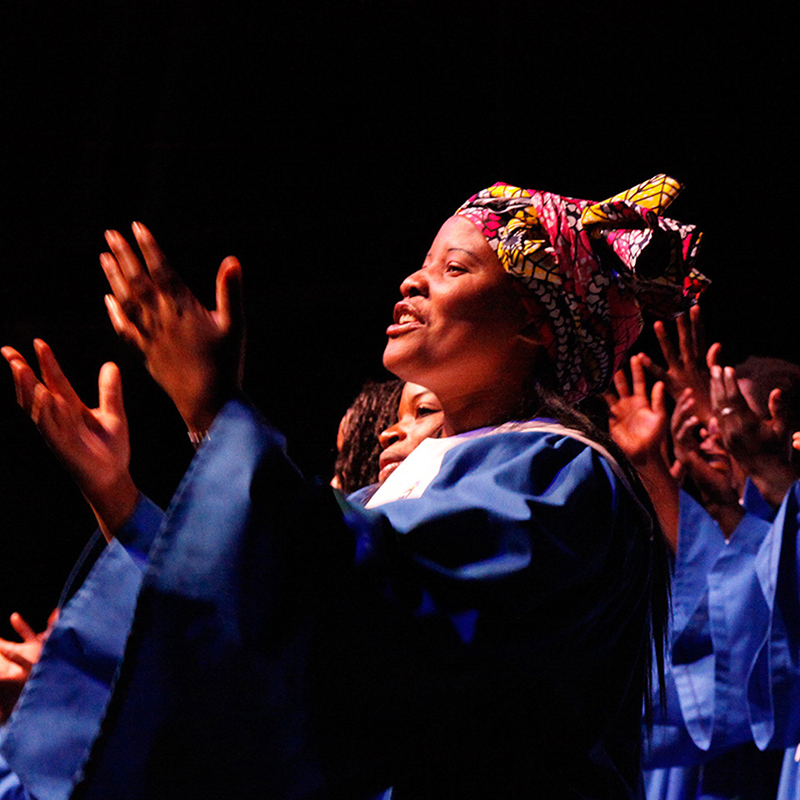
We worship together
Something very special occurs when two of more Christians gather together in Jesus’ name. Somehow, the resurrected Jesus promises to be present with his people in a unique and intimate way. In this public gathering of God’s people (usually on Sundays) as a remembrance of the first Easter morning, we meet Christ and receive his gifts of forgiveness, hope and life. We meet with others who need God’s gracious help. That is why worship is central to living as a Christian. Without God’s grace and constant presence, Christians cannot even begin to love one another and serve the world in need. As we respond to the Third Commandment, ‘Remember the Sabbath day, to keep it holy', we honour and love God by gladly hearing his word of life in this unique gathering in Jesus’ very presence.
God is the centre of worship
Lutherans believe that worship is not so much about what we do, but about what God does for us. We simply respond in prayer and praise to the God who comes down to our level. The focus in Lutheran worship is not on how we feel but on how God comes to us. We believe that worship is a treasure. It is as close as we get to heaven on earth, because God is there, forgiving, speaking, listening and feeding us – getting us ready to worship him in the world with the gift of our lives.
God serves us
The public gathering of God’s people in Christ’s presence around his word and his special gifts of baptism, absolution (forgiveness of sin) and holy communion, is all about God serving us. Lutheran worship has a distinctive shape which speaks of the God who is with us at our human level serving us. God comes to us in a way that we can hear, see and taste. In his amazing grace, God initiates worship. He gathers us, forgives us, speaks to us, listens to us and sends us out as renewed people.
God speaks to us as we hear his word of forgiveness and through the reading of the Scriptures. Each week Lutherans hear from various parts of the Bible, and also a sermon based on the word of God. God also listens as we pray for the church, the world and each other. God feeds his gathered people through a holy meal of bread and wine, the body and blood of his Son, Jesus. God leaves his presence with his people by blessing them and sending them on their way to be lights for the world.
The language of worship
Traditional Lutheran worship has been passed down through the centuries. Lutherans use many special words in worship. Many are from ancient church and biblical languages that have been passed down from one generation to the next. In many local congregations, there is an effort to modernise these ancient words. Lutherans are always involved in retranslating and retelling the language of the church’s worship so that the language used in worship is more accessible to a wide variety of people.
Music is important in our worship
Lutherans have a rich heritage of singing together as a way of praising God and encouraging one another. We treasure what Christians have sung for many years, as well as new hymns and songs that point to the God who is still working to bring peace to his creation and restore sinners to forgiveness and life. Through music and song we proclaim God’s word and his good deeds with our own lips. Lutherans use a wide variety of musical instruments to praise God, from pipe organs to drums, and electric guitars to violins.
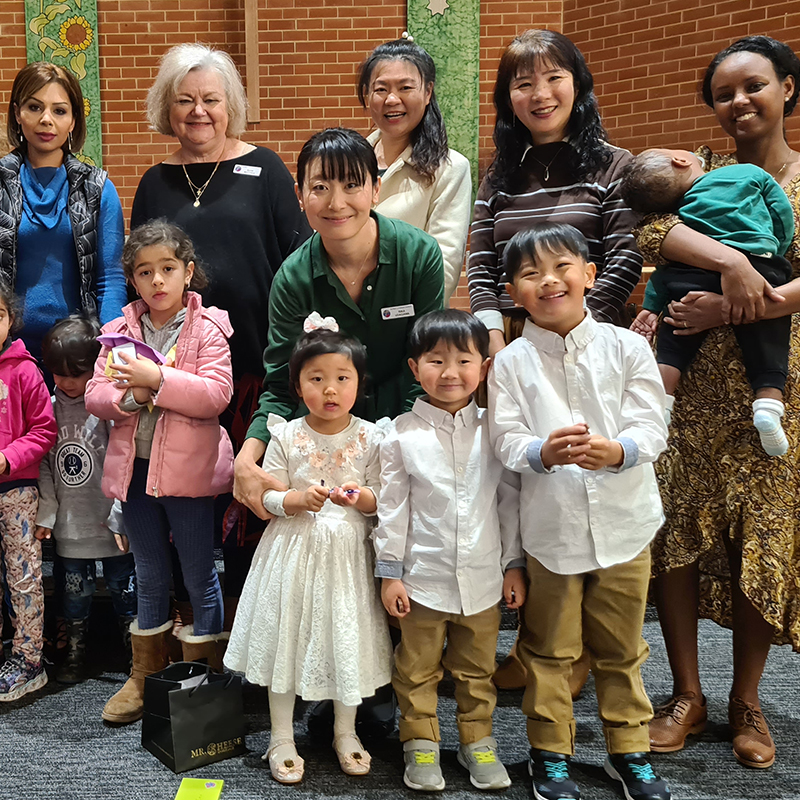
Want to worship?
Everyone is welcome to join us for worship.
- Find a church – Use this tool to find your nearest Lutheran church, school or aged care facility.
- Online worship – Find links to all congregations that offer services online, either prerecorded or live-streamed. The list is organised by state/country and includes worship services in languages other than English.
- Livestreamed worship – Two congregations record their services every week, especially for sharing with the wider church and community.
Want to learn more?
Visit our Worship Page to discover more about worship in the Lutheran Church of Australia and New Zealand.

How did we do?
Did you find what you were looking for? Did you find anything out of date or not working properly? Please tell us how we can improve this page.
